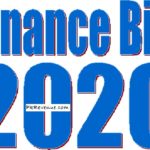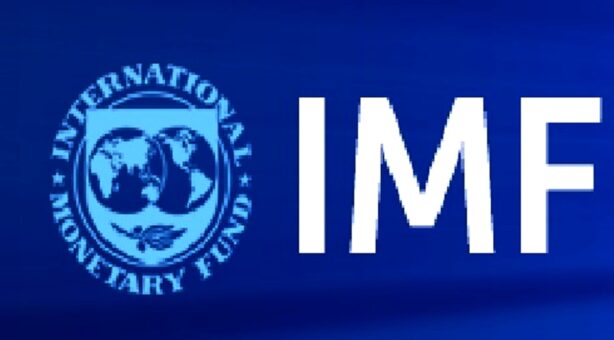KARACHI: Federal Board of Revenue (FBR) has allowed duty free import of aviation related goods including aircraft and spare parts under National Aviation Policy 2015.
According to Finance Act, 2019 following goods related to aviation have been allowed duty free import:
1. Aircraft HS Code 8802.4000 at zero percent customs duty under condition whether imported or acquired on wet or dry lease. In case of M/s Pakistan International Airlines (PIA) Corporation this exemption shall be admissible on and from the 19th March, 2015.
2. Spare parts Respective headings at zero percent for use in aircraft, trainer aircraft and simulators.
3. Maintenance Kits Respective headings at zero percent for use in trainer aircraft (8802.2000 & 8802.3000).
4. Machinery, equipment & tools respective headings at zero percent for setting up Maintenance, Repair & Overall (MRO) workshop by MRO company recognized by Aviation Division.
5. Machinery, equipment, operational tools, furniture& fixture respective headings at zero percent on one time basis for exclusive use of New/Greenfield airports by company authorized by Aviation Division.
6. Aviation simulators Respective headings zero percent on one time basis for aircrafts by airline company recognized by Aviation Division.
The FBR said that for the purposes of this Part, the following conditions shall apply besides the conditions as specified in column (5) of the Table below:—
(i) the Chief Executive, or the person next in hierarchy duly authorized by the Chief Executive or Head of the importing company shall certify that the imported goods/items are the company’s bonafide requirement. He shall furnish all relevant information online to Pakistan Customs Computerized System against a specific user ID and password obtained under section 155D of the Customs Act, 1969 (IV of 1969). In already computerized Collectorates or Customs stations where the Pakistan Customs Computerized System is not operational, the Director Reforms and Automation or any other person authorized by the Collector in this behalf shall enter the requisite information in the Pakistan Customs Computerized System on daily basis, whereas entry of the data obtained from the customs stations which have not yet been computerized shall be made on weekly basis;
(ii) the exemption shall be admissible on production of certificate by the Aviation Division, Government of Pakistan to the effect that the intending importer is operating in the country or intends to operate in the county in the airline sector;
(iii) the list of imported items is duly approved by the Aviation Division, Government of Pakistan in line with Policy Framework approved by the Government of Pakistan;
(iv) the Chief Executive, or the person next in hierarchy duly authorized by the Chief Executive or Head of the importing company shall furnish an undertaking to the customs authority at the time of import that the goods imported shall be used for the purpose as defined/notified by the Aviation Division, Government of Pakistan under the Aviation Policy; and
(v) in case of deviation from the above stipulations, the Collector of Customs shall initiate proceedings for recovery of duty and taxes under the relevant laws.






